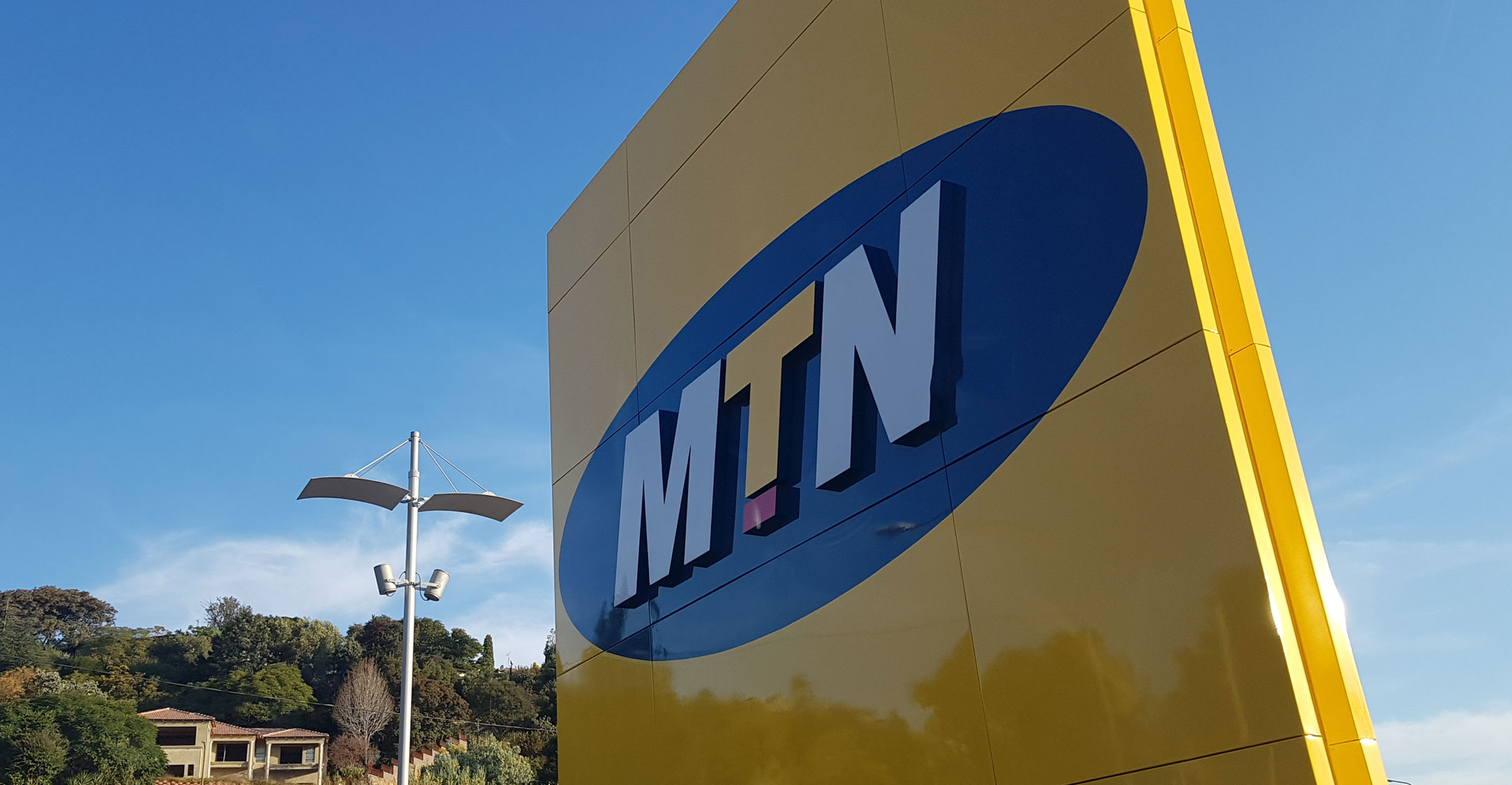
Benin and Cameroon appear to have escaped MTN’s chopping block.
MTN Group said on Thursday it has all but resolved disputes with the governments and regulators in the two West African markets, suggesting they won’t be abandoned in a widespread review of its sprawling empire.
In Benin, which accounts for about 2% of the Johannesburg-based company’s subscribers, Africa’s biggest mobile phone operator by sales agreed to pay 70bn CFA Francs (R1.6bn) to settle a dispute over frequency fees and secure a five-year licence extension. In Cameroon, MTN is on the verge of signing revised terms even after revenue in the country declined and rival Vodafone Group pulled out.
MTN had been at odds with authorities in both countries over the terms of its licences, and chief financial officer Ralph Mupita said in March that the company could walk away if the situations proved impossible to resolve. That made both favourites for a potential exit by MTN as CEO Rob Shuter weighs whether the company really needs to be in all 22 of its markets across Africa and the Middle East.
The spotlight now turns to Yemen and Afghanistan, two of only four countries where MTN lost customers in the three months through March. The declines contributed to a 1.3% quarter-on-quarter slump in the company’s Middle East and North Africa region, and both nations have been beset by military conflicts that have hampered business.
“They will probably wait for those markets to stabilise to some extent and potentially exit at a good price,” Peter Takaendesa, a money manager at Cape Town-based Mergence Investment Managers, said by phone. “It’s too early for them to exit now.”
Rosy picture
Overall, however, MTN painted a rosy picture in its first-quarter update released on Thursday. Subscriber numbers gained 1.9% — compared to a fall in the same three-month period last year — while revenue soared in Nigeria and Iran, two of the company’s three biggest markets. In South Africa, the profit margin widened even as the company lavished cash on its network.
The shares responded accordingly, accelerating as much as 5.5% to R133, the highest in almost two months. That said, the stock remains about the half the value of a 2014 peak — before a $5bn regulatory fine in Nigeria heralded the start of more challenging times.
“The key positives is that their margins have recovered faster than expected in Nigeria and South Africa,” Takaendesa said. — Reported by John Bowker and Loni Prinsloo, (c) 2018 Bloomberg LP




